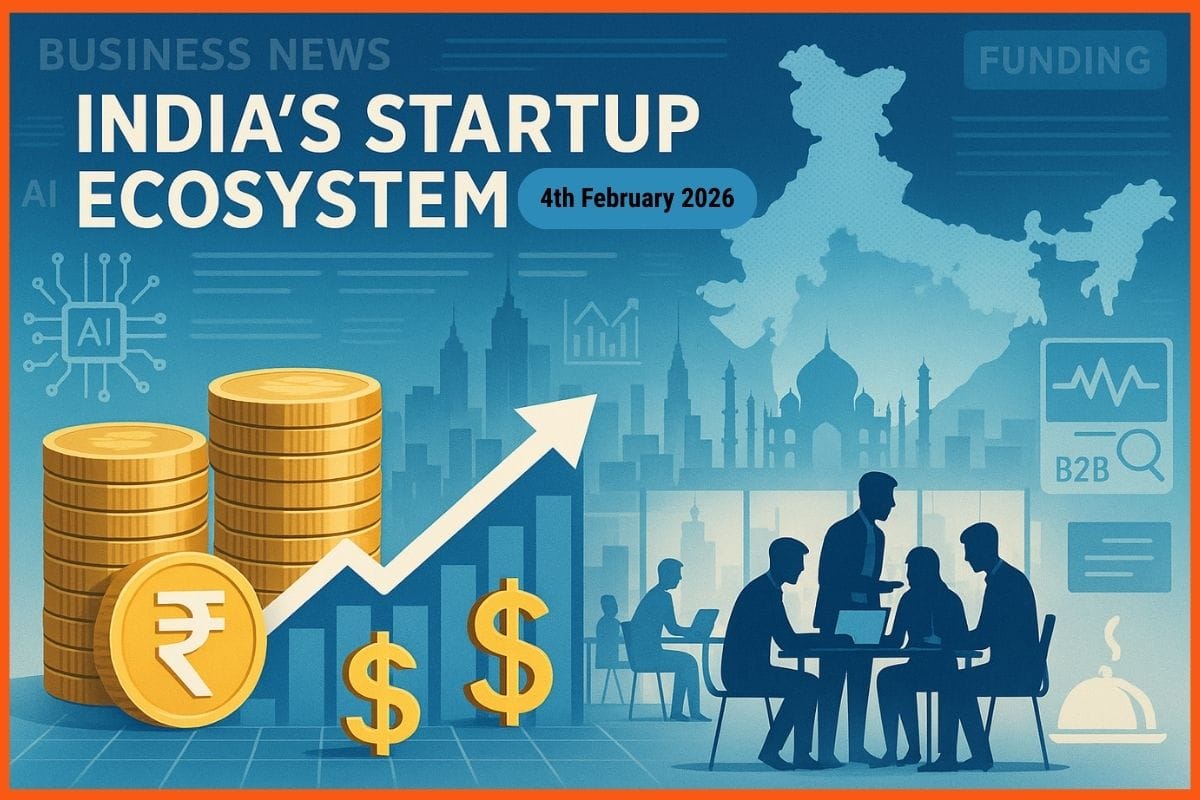Samsung's Marketing Strategies: Redefining Possibilities
🔍Insights

Samsung is a household name that needs no introduction. A South Korean conglomerate, Samsung was founded in 1938 by Lee Byung-Chul as a small trading company and has since grown into one of the most successful and innovative companies in the world. With its diverse product portfolio ranging from electronics to home appliances, Samsung has a presence in almost every aspect of our daily lives.
Over the years, Samsung has consistently pushed the boundaries of technology, introducing groundbreaking products that have revolutionized the market. From the world’s first MP3 player to the latest Galaxy S series smartphones, Samsung has always been at the forefront of technological innovation. The company has sold over 1.4 billion smartphones to date, and its current market share is around 19%, making it the second-largest smartphone manufacturer in the world.
Samsung’s success can be attributed to its commitment to quality and its ability to adapt to changing market trends. It has also made significant investments in research and development, with a budget of over $15 billion annually. As a result, Samsung has won numerous awards and accolades for its innovative products, including 36 CES Innovation Awards in 2021.
Today, Samsung is a global leader in technology, with a market value of over $400 billion. Its products are sold in over 80 countries, and it employs over 300,000 people worldwide. Despite facing stiff competition from rivals such as Apple and Huawei, Samsung continues to hold its position as one of the most innovative and successful companies in the world.

Samsung - Target Audience
Samsung - Marketing Mix
Samsung - Marketing Campaigns
Samsung - Marketing Strategies
Samsung - Target Audience
Samsung is a global brand that caters to a diverse range of consumers. With its wide range of products, the company targets different demographic and geographic segments. Here’s a breakdown of Samsung’s target audience:
- Demographic: Samsung targets consumers of all ages, genders, and income levels. Its product range includes smartphones, tablets, TVs, home appliances, and more, making it accessible to almost everyone. However, the company’s primary focus is on tech-savvy consumers who are always on the lookout for the latest and greatest products. Samsung also targets younger audiences with its trendy and fashionable designs.
- Geographic: Samsung’s products are sold in over 80 countries, with a strong presence in Asia, Europe, and North America. The company’s largest market is in Asia, with South Korea and China being its biggest markets. Samsung has also been expanding its presence in emerging markets such as India and Africa.
- Psychographic: Samsung targets consumers who value quality, innovation, and style. Its products are known for their cutting-edge technology, sleek designs, and user-friendly interfaces.
- Behavioral: Samsung targets consumers who are always on the move and need products that can keep up with their busy lifestyles. Its smartphones and tablets are designed to be portable and easy to use on the go. Samsung also targets consumers who are looking for high-performance products that offer great value for money.
Samsung’s target audience is diverse and includes consumers of all ages, genders, income levels, and geographic locations. The company’s products are designed to cater to tech-savvy consumers who value quality, innovation, style, and eco-friendliness. With its broad appeal, Samsung continues to be one of the most successful and innovative companies in the world.
Samsung - Marketing Mix
Samsung is a leading brand in the technology industry, known for its innovative products and cutting-edge technology. One of the reasons for Samsung’s success is its effective marketing mix. A marketing mix is a set of marketing tools and tactics that a company uses to promote its products or services to its target audience. Let’s take a closer look at Samsung’s marketing mix and how it has contributed to the company’s success.
Product
Samsung’s product portfolio is extensive, ranging from smartphones and tablets to home appliances and TVs. The company’s products are known for their high-quality and innovative features, which sets them apart from their competitors. Samsung invests heavily in research and development to stay ahead of the curve, and its products are constantly evolving to meet the needs of its target audience. Here’s a breakdown of Samsung's product mix:
Mobile Devices
Samsung is a leading player in the mobile devices market, with its flagship Galaxy series being one of the most popular smartphones globally. The company’s product range includes smartphones, tablets, and wearable devices.

Home Appliances
Samsung offers a range of home appliances, including refrigerators, washing machines, air conditioners, and vacuum cleaners. These products are designed to be energy-efficient and come with innovative features such as smart connectivity.

TVs
Samsung is a market leader in the TV industry, with a range of smart TVs in different sizes and resolutions. The company’s TVs are known for their picture quality, sleek design, and user-friendly interface.

Computing Devices
Samsung offers a range of computing devices, including laptops, desktops, and monitors. The laptops are designed for different use cases, from business to gaming.

Audio Devices
Samsung’s audio product range includes soundbars, wireless speakers, and headphones. The audio devices are known for their high-quality sound and sleek design.

Cameras
Samsung offers a range of digital cameras, including point-and-shoot cameras and mirrorless cameras. The cameras come with advanced features such as 4K video recording and interchangeable lenses.

Smart Home Devices
Samsung offers a range of smart home devices, including smart locks, smart bulbs, and smart hubs. These products are designed to work seamlessly with each other and can be controlled through a single app.

Samsung’s product mix is diverse and caters to different needs and preferences. The products are known for their quality, innovation, and user-friendly interfaces, making them popular among consumers worldwide. By offering a wide range of products in different categories, Samsung has been able to establish itself as a leader in the technology industry.

Price
Samsung has a diverse product mix that caters to a wide range of consumers. The company’s pricing strategy is based on the value its products offer to its customers. Here’s a breakdown of Samsung’s price mix:
- Premium Pricing: Samsung’s flagship products, such as the Galaxy smartphones and high-end TVs, command a premium price tag. These products are known for their cutting-edge technology, innovative features, and superior quality. Samsung’s premium pricing strategy is designed to position the brand as a leader in the technology industry and appeal to consumers who are willing to pay a premium for the latest and best technology.
- Competitive Pricing: Samsung offers a range of products at different price points to cater to consumers with different budgets. The company’s mid-range and entry-level smartphones, home appliances, and computing devices are priced competitively, making them accessible to a wider range of consumers.
- Promotional Pricing: Samsung uses promotional pricing to create excitement around its products and increase sales. The company offers discounts and bundle deals on its products during major shopping events such as Black Friday and Cyber Monday. Samsung also partners with mobile carriers to offer special deals and incentives for customers who sign up for long-term contracts.
- Psychological Pricing: Samsung uses psychological pricing tactics to appeal to consumers’ emotions and perceptions. The pricing strategy includes offering products at prices that end in 99 cents or $0.99, creating the illusion of a lower price and increasing the likelihood of a purchase.
Samsung’s price mix is designed to appeal to a wide range of consumers by offering products at different price points. The premium pricing strategy positions it as a leader in the technology industry, while its competitive and promotional pricing tactics make its products accessible to a wider range of consumers. By using psychological pricing tactics, Samsung is able to create an emotional connection with its customers and increase the likelihood of a purchase.
Place
Samsung’s place mix includes a combination of direct and indirect distribution channels to make its products easily accessible to customers. Direct sales are available through the company’s website and retail stores, while partnerships with major retailers and mobile carriers provide indirect sales channels. Distribution centers ensure the timely delivery of products, and a strong online presence allows for promotion, customer support, and feedback gathering. This strategy allows Samsung to meet the needs of customers and maintain its position as a leading technology brand.
Promotion
Samsung's promotion mix involves various marketing communication tactics, including advertising, sales promotion, public relations, personal selling, and digital marketing, to reach its target audience and build brand awareness. Samsung's advertising campaigns focus on creating brand awareness and promoting specific products, while sales promotions like discounts and loyalty programs incentivize customers to purchase. The company's strong public relations strategy builds a positive brand image, and its digital marketing strategy leverages social media platforms and influencer marketing to engage with customers and reach a younger demographic. Samsung uses a combination of traditional and digital marketing channels to maintain its position as a leading technology brand and meet the changing needs of its customers.
Samsung’s marketing mix is a key factor in its success. Its high-quality and innovative products, competitive pricing, strong global presence, and effective promotion strategies have helped the company build a strong brand identity and connect with its target audience. By continually evolving its marketing mix, Samsung has been able to stay ahead of the competition and maintain its position as one of the top technology companies in the world.
Samsung - Marketing Campaigns
Samsung is known for its innovative and creative marketing campaigns that promote its products and inspire its target audience. The campaigns, such as #DoWhatYouCant, Samsung Galaxy, Samsung Safety Truck, and Samsung Surfboard, showcase the company’s technological innovations, high-quality visuals, and celebrity endorsements. These campaigns have successfully created brand awareness and positioned Samsung as a leading technology brand.
Samsung - Marketing Strategies
Samsung has been known for its innovative and successful marketing strategies that have helped the company establish itself as a leading brand in the technology industry. The marketing strategies are designed to create brand awareness, promote its products, and connect with its target audience. Here are the top marketing strategies of Samsung:
Product Innovation
Samsung has a strong focus on innovation and product development. The company invests heavily in research and development to create cutting-edge products that meet the changing needs of its customers. This strategy has helped Samsung stay ahead of its competitors and maintain its position as a market leader.
Celebrity Endorsements
Samsung has been successful in using celebrity endorsements to promote its products. The company has partnered with high-profile celebrities such as Lionel Messi, BTS, and Millie Bobby Brown to promote its products and create brand awareness. These endorsements help Samsung reach a wider audience and create a strong emotional connection with its customers.
Sponsorships And Partnerships
Samsung has partnered with major events and organizations such as the Olympics, NBA, and fashion weeks to promote its products and create brand awareness. These sponsorships and partnerships help Samsung connect with its target audience and showcase its products to a wider audience.
Social Media Marketing
Samsung has a strong social media presence and uses platforms such as Instagram, Twitter, and Facebook to engage with its customers and promote its products. The company creates high-quality content and uses social media influencers to reach a younger demographic.
Customer Service
Samsung has a strong focus on providing excellent customer service. The company has a dedicated customer support team that responds quickly to customer inquiries and resolves issues efficiently. This strategy has helped Samsung build a strong reputation for customer satisfaction and loyalty.
Samsung’s marketing strategies are designed to create brand awareness, promote its products, and connect with its target audience. Samsung has been able to establish itself as a leading brand in the technology industry by employing these marketing strategies.
Samsung has been a pioneer in the tech industry, and its marketing strategies have played a significant role in its success. By leveraging a combination of innovative ideas, high-quality visuals, and celebrity endorsements, Samsung has been able to create brand awareness, showcase its products, and inspire its audience.
As marketers and start-ups, there are valuable lessons to be learned from Samsung’s marketing strategies. Firstly, it is important to understand your target audience and their needs. Samsung has been able to tailor its campaigns to different demographics, whether it is through celebrity endorsements or social media influencers.
Secondly, creativity is key. Samsung has used its marketing campaigns to showcase its technological innovations in unique and unexpected ways. By thinking outside the box, marketers and start-ups can create campaigns that capture their audience’s attention and differentiate themselves from their competitors.
Samsung’s marketing campaigns have been consistent in their messaging and visuals, helping to create a strong brand image. As marketers and start-ups, it is important to develop a consistent brand identity across all marketing channels to build brand recognition and trust.
By learning from these strategies and applying them to their own campaigns, marketers, and start-ups can drive success and growth in their respective industries.
FAQs
What is the target audience of Samsung?
Samsung targets consumers of all ages, genders, and income levels. However, the company’s primary focus is on tech-savvy consumers who are always on the lookout for the latest and greatest products. Samsung also targets younger audiences with its trendy and fashionable designs.
What are the main marketing strategies used by Samsung that have helped it to establish itself as a leading brand in the technology industry?
Here are the top marketing strategies of Samsung:
- Product Innovation
- Celebrity Endorsements
- Sponsorships and Partnerships
- Social Media Marketing
- Customer Service
What is the range of products offered by Samsung?
Here are the products offered by Samsung -
- Home Appliances
- Mobile Devices
- TVs
- Computing Devices
- Audio Devices
- Cameras
- Smart Home Devices
Must have tools for startups - Recommended by StartupTalky
- Convert Visitors into Leads- SeizeLead
- Website Builder SquareSpace
- Run your business Smoothly Systeme.io
- Stock Images Shutterstock







